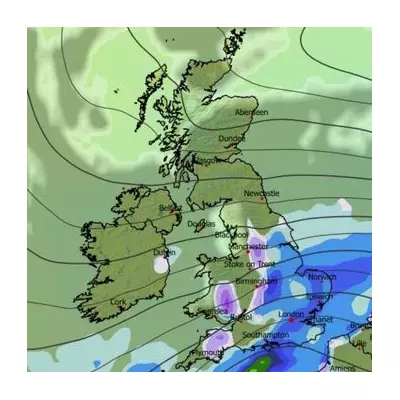
Britain is reeling from the impact of Storm Floris, which has unleashed powerful winds across the country, leaving thousands without electricity and causing significant travel chaos.
The storm, which swept in overnight, has brought gusts exceeding 70mph in some regions, uprooting trees, damaging buildings, and disrupting transport networks. Emergency services are working around the clock to restore power and clear debris from roads and railway lines.
Power Cuts and Infrastructure Damage
Energy providers report that over 50,000 homes have been affected by power outages, with the worst-hit areas being coastal towns and rural communities. Engineers are battling adverse conditions to repair downed power lines, but full restoration may take several days.
Travel Disruption Nationwide
Major transport routes have been severely impacted:
- Multiple train services have been cancelled or delayed due to fallen trees on tracks.
- Several flights have been diverted from regional airports.
- Ferry services across the Channel and Irish Sea face cancellations.
National Rail has advised passengers to check before travelling, while motorists are being warned of hazardous driving conditions, particularly on exposed bridges and highland routes.
Weather Warnings Remain in Place
The Met Office has extended amber weather warnings for much of southern and eastern England, with yellow warnings covering most other regions. Forecasters predict the storm will gradually weaken as it moves northwards, but strong winds and heavy showers will persist throughout the day.
Local authorities are urging residents to secure loose outdoor items and avoid unnecessary travel. Flood alerts have also been issued in some coastal areas as spring tides combine with storm surges.
This is the sixth named storm of the season and comes just weeks after Storm Debi caused similar disruption across parts of the UK. Climate scientists warn that such extreme weather events may become more frequent due to climate change.





